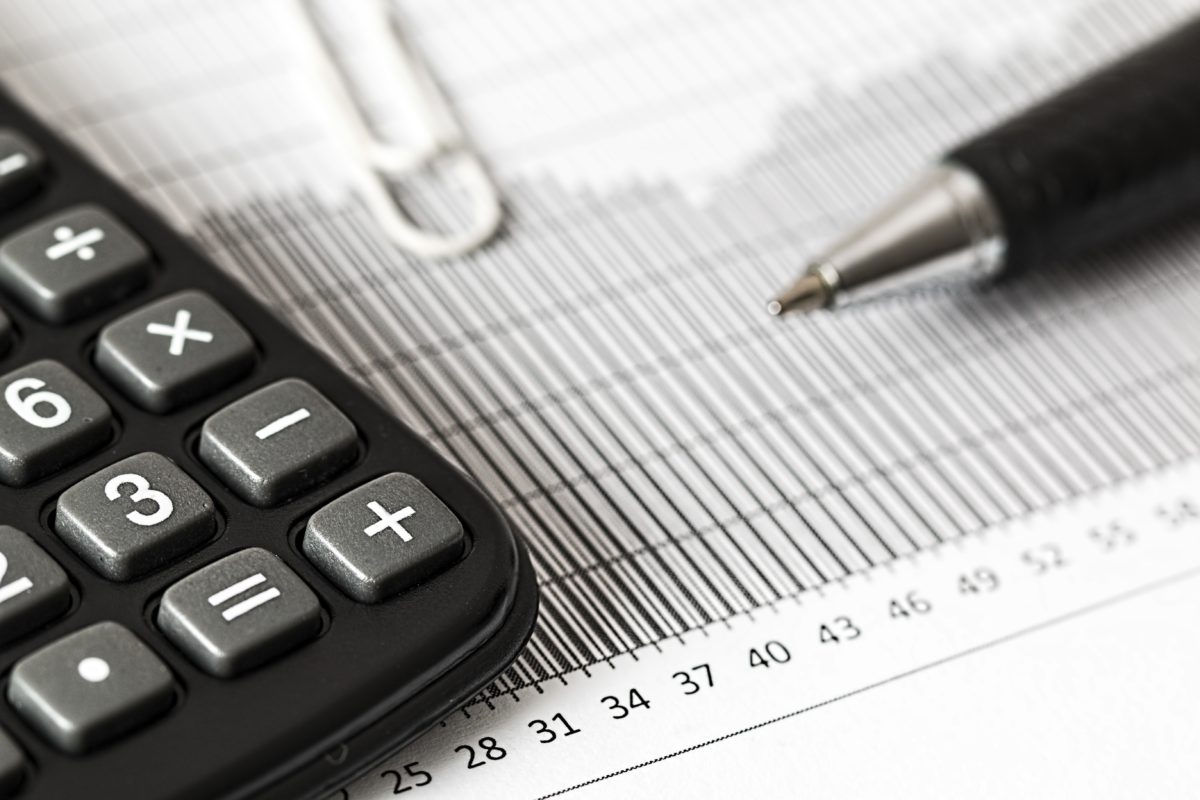Welcome to AMA Firm's Blog - Your Source of Latest News in Commercial Collections Industry
Tech in the Collections Industry
Is Your Internal Collection Process Not Working For You?
Continue reading “Is Your Internal Collection Process Not Working For You?”
When a Customer Files for Bankruptcy
It’s happened: you’ve received a letter saying that a customer of yours has filed for bankruptcy to resolve their debt problems. While this can be a frustrating situation, don’t waste your time worrying about what may or may not happen. Depending on your customer’s bankruptcy details, acting quickly could result in repayment for a portion or even all the unpaid debt you are owed. The debt collection process in cases of bankruptcy are not as strenuous as many companies seem to think, especially if you know what your options are. This article will explain what happens when someone you’re trying to collect from files for bankruptcy and how to move through the debt collection process.
3 Ways to Create Urgency in Collections
So, how do you create a sense of urgency for your debtors to take prompt action as opposed to remaining passive? Rather than expend unnecessary time, energy, and resources pursuing overdue invoices, allow us at Alexander, Miller & Associates to help capture the attention of your debtors by using the following powerful techniques:
Process for Placing Accounts into Collections
Continue reading “Process for Placing Accounts into Collections”
Top 3 Tips For SMB Owners Trying To Collect a Debt
Continue reading “Top 3 Tips For SMB Owners Trying To Collect a Debt”
Debt Collection vs Receivables Management: What’s the Difference?
Maybe you run your business because you’re really passionate about what you do, or maybe you found something you’re really good at and enjoy supporting yourself with hard won skills and time. No matter why you do what you do, at the end of the day you have to get paid for all that work. Even the most enthusiastic entrepreneurs have to draft an invoice to afford their overhead.
Continue reading “Debt Collection vs Receivables Management: What’s the Difference?”
Watching The Trends
How to Pay Off Debt in Collections
Your first step is to make sure that the debt is yours. As obvious as this may sound, you will want to validate that the debt the collector is calling about is in relation to you as an individual or business. If it is not debt that you recognize, be sure to request proof from the collector before making any payments.
Negotiating With The Collector
The first step to paying off the debt in collections is to answer the phone when the collector calls or get in contact with them through a written request. They have been commissioned through the person or business that you owe to obtain the outlaying debt. The first step is to negotiate with the collector. There is something called a settlement payment, which works by paying off the amount so that the account can be deleted off your credit report in return. You will need to send in a written request to the collector for this. This is the best-case scenario, as it lessens the impact on your credit report and also allows room for negotiation. You can also do this over the phone, so long as you are careful with your wording. Most likely, you will be able to work with the collector to negotiate a lower payoff.
Getting it in Writing
Whether you submit a written request or call to negotiate, be sure to get all of the agreements in writing. You can ask the collector to give you access to a letter with all of the payment information via mail or fax, and make sure you do this before you pay anything. This is especially important if you choose to go the settlement route.
Having to Pay in Full
If the above scenarios don’t work for your specific case and collector, you may have to pay in full. Again, you should try to negotiate to pay the amount in full and have it removed from your credit report. Be sure to keep the general rule of having it all in writing before you make the payment.
Other Options
There are other ways to pay off your debt in collections, although they may not be your first choice. One option is to at least make sure that the payment is labeled as “Paid in full.” This is the best case if the collector will not remove it from your credit report, and this should also be in writing. If this is simply not possible, you can request that the account is labeled as “Paid. Settled.” If you do not want to do any of these steps, you can always pay in full and pay off the debt.
Whatever the choice is that you make, paying off the debt is the end-goal of the collector’s process.









